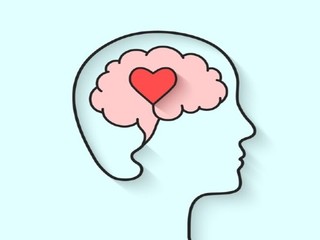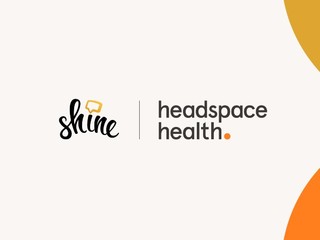 When Ginger, a provider of on-demand coaching, therapy and psychiatry for people struggling with their mental health, and Headspace, a popular meditation app, merged in 2021, they not only combined their technology, but their team, including combining their respective research and science teams to form the Headspace Health Science Team.
When Ginger, a provider of on-demand coaching, therapy and psychiatry for people struggling with their mental health, and Headspace, a popular meditation app, merged in 2021, they not only combined their technology, but their team, including combining their respective research and science teams to form the Headspace Health Science Team.
These teams had conducted numerous internal and external studies on virtual mental health and wellness interventions; that includes depression, anxiety, stress, resiliency, mood, sleep, work performance, healthcare costs, and utilization.
Now, though, the company is looking outside of its own organization to validate the impact of its solution, announcing a call for third-party researchers around the world to study the effectiveness of Headspace on mental health and wellness outcomes.
The External Research Collaborator Program is designed to allow researchers, such as academic researchers, non-profits, government agencies, and healthcare institutions, to submit proposals to conduct scientific studies using the Headspace app. In particular, Headspace Health is looking for research proposals focused on mediational and mechanistic factors, diverse populations, and novel research questions. Diversity has become a driving force for the company, as it recently acquired Shine, an app dedicated to inclusive mental health and wellness support.
The idea is to allow researchers to use the app as a way to study the broad effectiveness of digital mental health interventions.
“Our expanded partnership efforts with the academic and medical research community will serve to not only fuel further internal innovation, but also facilitate improvements in care delivery and outcomes more broadly across the mental health field,” Lauren Lee, Ph.D., VP of Clinical Product and Content Development at Headspace Health, said in a statement.
Previous research on Headspace showed that, after eight weeks of using the app, anxiety symptoms were reduced by 19% and depression symptoms were reduced by 29%. Other studies have found reduced stress, improved focus, increased compassion, decreased aggression, increased resilience, reduced burnout, increased positivity, and improved satisfaction with life.
Ginger, meanwhile, has shown favorable outcomes for improved depression, with 70% of members experiencing improved symptoms within 10-14 weeks, and reduction in anxiety, with nearly 60% of members experiencing improvement over the same time period.
This kind of data is not enough, however, especially with the number of mental health apps now flooding the market, Dr. Stephen Schueller, Associate Professor at University of California, Irvine’s School of Social Ecology, said in a quoted statement.
“Recent studies by Headspace, Ginger and others in the digital health market have demonstrated real clinical validation of the impact of digital mental health solutions,” he said.
“But as more digital apps enter the space, it becomes difficult to differentiate the high-quality offerings from those with little clinical rigor. Thus, it’s critical that as researchers we ensure that products are backed by the very best evidence before they get into the hands of consumers.”
In conjunction with this new, the company also consolidated its individual scientific advisory boards, forming the Headspace Health Scientific Advisory Board, with the goal to streamline the team’s scientific guidance and work towards research efforts that will impact the broad spectrum of products and services within Headspace Health’s platform.
Headspace Health has over 100 million users in 190 countries, and its enterprise brands, Headspace for Work and Ginger, are distributed through over 3,700 enterprises, including Starbucks, Adobe, Delta Air Lines, and Paramount; and through health plans such as Cigna.
(Image source: headspace.com)





















